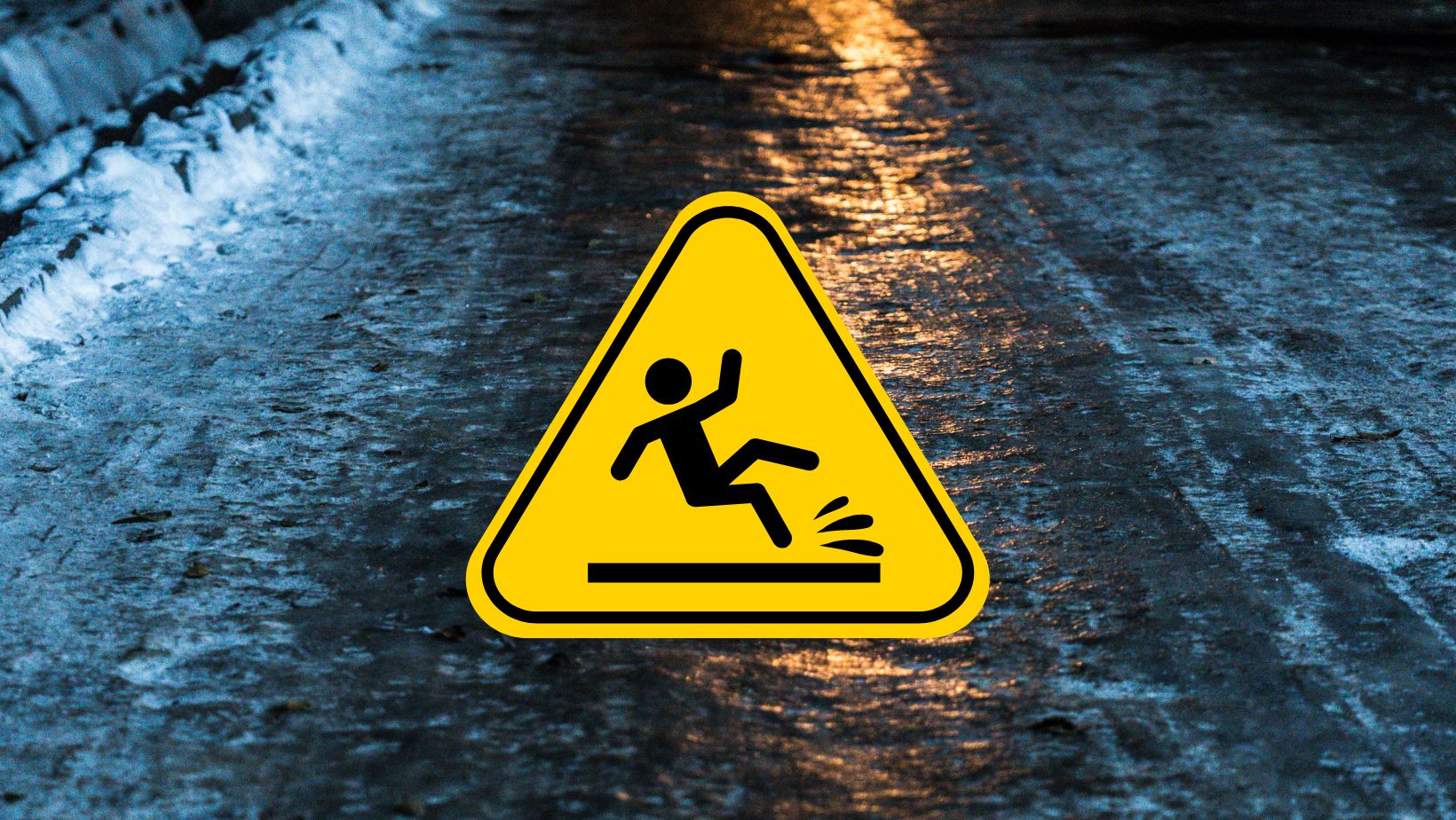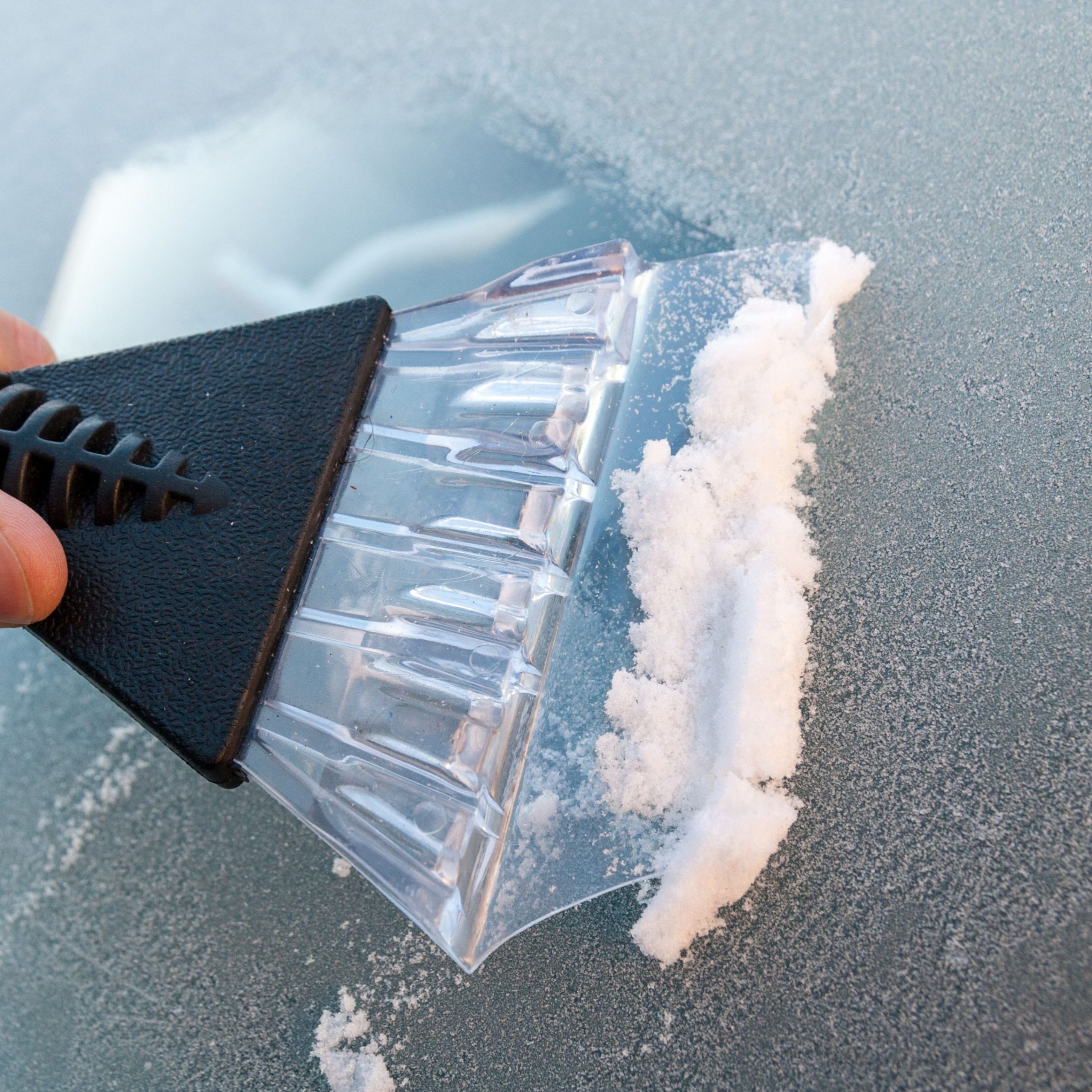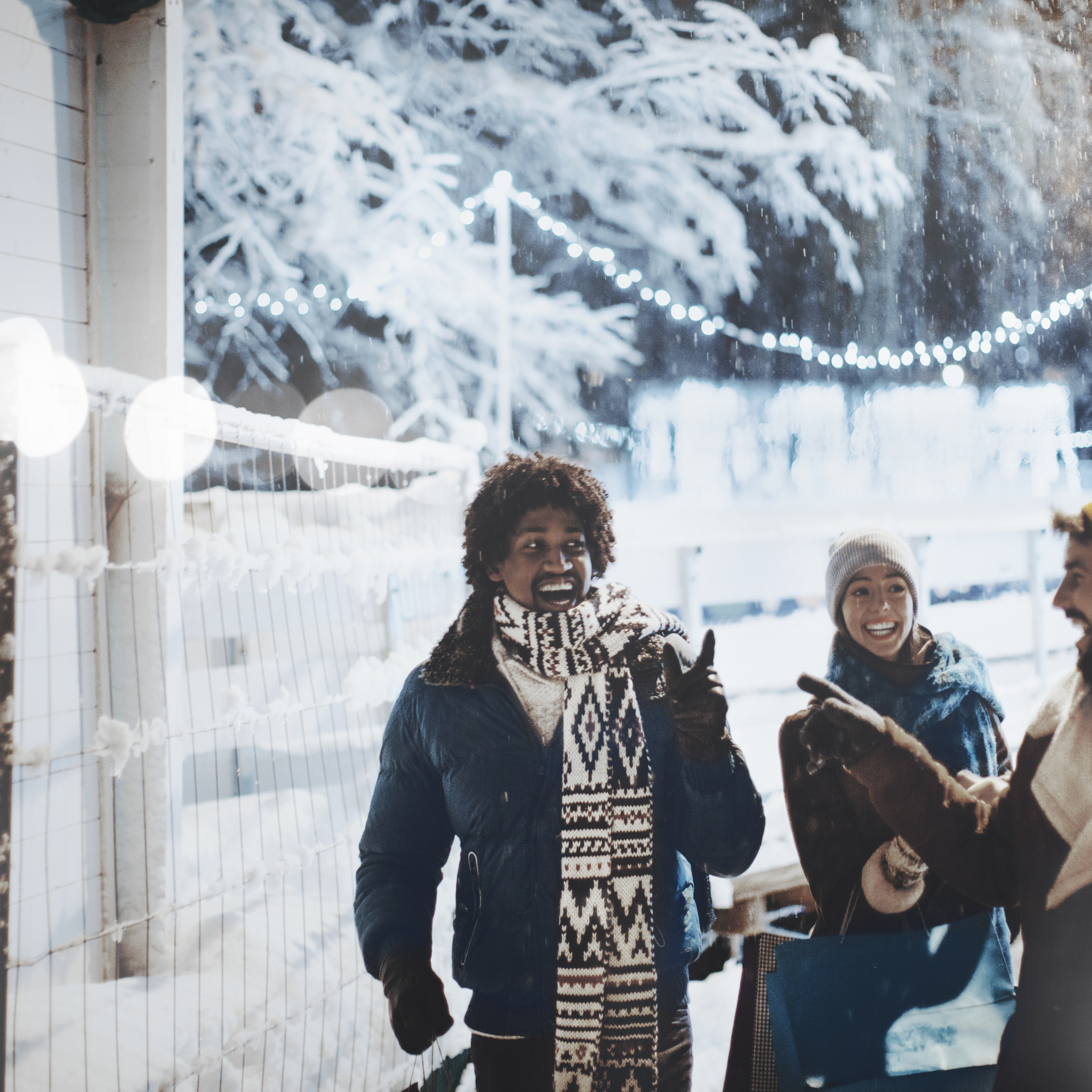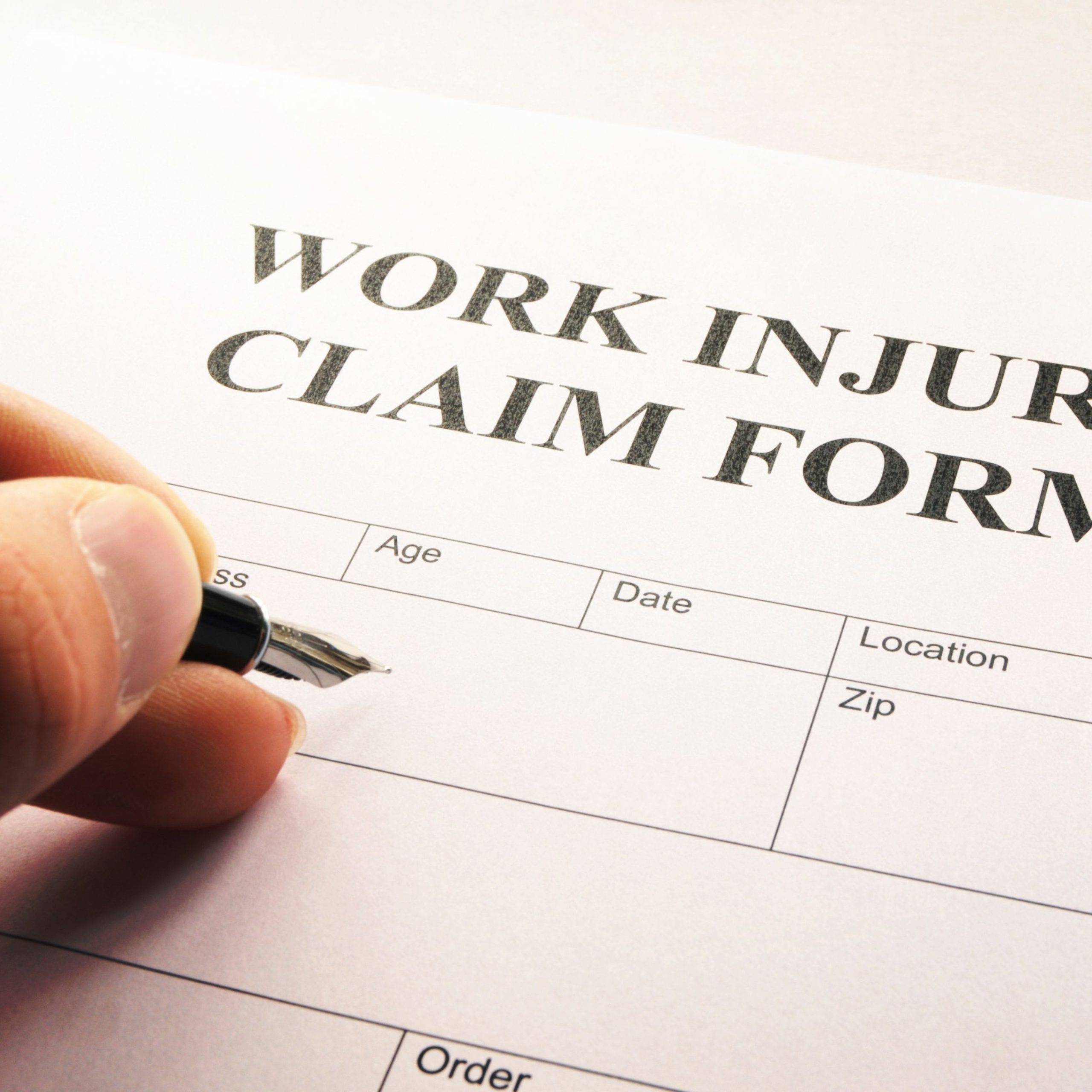Preventing slip and fall accidents:
Ice and snow create slippery surfaces that increase the risk of slip and fall accidents. These accidents can result in injuries ranging from minor bruises to severe fractures or head trauma.
By proactively preparing for icy and snowy conditions, you can reduce the likelihood of such accidents occurring on your premises. Here’s why and how to have a safe premises in snow and ice.
- Reducing Liability: If someone is injured due to icy or snowy conditions on your business premises, you may be held liable for their injuries. This can lead to costly lawsuits, medical expenses, and potential damage to your reputation. By taking steps to address ice and snow, you demonstrate a commitment to maintaining a safe environment, potentially reducing your liability in the event of an accident.
- Protecting Employees and Customers: Ensuring the safety of employees and customers is essential for any business. By taking proactive measures to address ice and snow, you demonstrate your concern for their well-being. This helps create a positive work environment, promotes customer satisfaction, and fosters a sense of trust in your business.
- Maintaining Operations: Ice and snow can impede the regular operations of your business. Slippery surfaces can make it difficult for employees and customers to navigate your premises, potentially leading to reduced productivity. By preparing for ice and snow, you can minimise disruptions and maintain business continuity even in inclement weather.
Preparation
How to have a safe premises in snow and ice.
- Clear paths and parking areas: Remove snow and ice promptly. Use shovels, snow blowers, or ice melt products to ensure safe passage.
- Use Anti-Slip Mats or Treads: Place anti-slip mats or adhesive treads in areas prone to moisture and snow accumulation to provide better traction.
- Display Warning Signs: Use caution signs or cones to alert employees and customers to potentially hazardous areas and remind them to exercise caution.
- Monitor Weather Conditions: Stay informed about weather forecasts and be prepared to take appropriate action in advance. This helps to arrange for snow removal services or adjusting business hours if necessary.
- Train Employees: Educate employees about proper procedures for dealing with icy and snowy conditions. Include reporting hazards, using appropriate footwear, and taking necessary precautions.
Remember to comply with local regulations and safety guidelines. Requirements for snow and ice removal may vary depending on your location.
It’s always advisable to consult with professionals and legal experts to ensure you are taking the necessary steps to prioritise safety on your business premises.
The legalities
I am not a lawyer, but I can provide some general information about the legal implications if someone injures themselves on your business premises. Gritting is essential for the safety of others.
When someone sustains an injury on your business premises, they may have the right to pursue legal action against you or your business. Here are some potential legal implications:
- Premises Liability: As a business owner, you have a legal duty to maintain a safe environment for customers and visitors. If someone is injured due to a dangerous condition on your premises, they may hold you liable for their injuries. The legal principle of premises liability typically applies in these cases.
- Negligence Claims: To establish a successful negligence claim, the injured party generally needs to prove that you owed them a duty of care, you breached that duty, and their injuries resulted from that breach. It may involve demonstrating that you failed to address a known hazard or failed to provide adequate warnings or measures.
- Duty to Warn: In certain situations, you may have a duty to warn customers or visitors about potential hazards that are not immediately obvious. For example, a slippery surface in winter. You may need to place warning signs or take other appropriate measures to inform people of the potential danger.
- Comparative Negligence: In some jurisdictions, if it is determined that the injured person shares some fault for the accident. The extent of their contributory negligence will depend on the specific circumstances and applicable laws.
- Insurance Coverage: Having appropriate insurance coverage, such as general liability insurance, can help protect you and your business in case of accidents or injuries on your premises. It is advisable to consult with an insurance professional to understand the specific coverage you need for your business.
Consult with the experts
Please note that laws vary by area. It’s important to consult with a qualified lawyer who can provide advice specific to your situation and local laws.
Remember, this information is not legal advice. Consulting with a qualified legal team is crucial to understand the specific laws and regulations. It’s important to obtain advice tailored to your situation.






